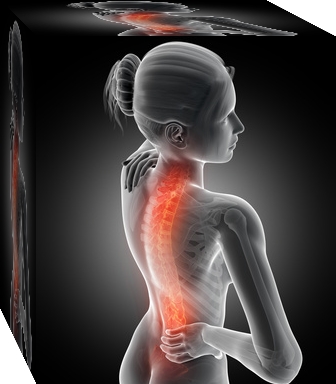 Degenerative disc disease, despite the name, is not a disease but a deterioration of the discs of the spine. It occurs over a period of time, resulting in neck or back pain and other musculoskeletal and neurological symptoms. It is common in adults in their thirties.
Degenerative disc disease, despite the name, is not a disease but a deterioration of the discs of the spine. It occurs over a period of time, resulting in neck or back pain and other musculoskeletal and neurological symptoms. It is common in adults in their thirties.
Types of degenerative disc disease
- Cervical: affects the neck and is referred to as cervical degenerative disc disease
- Lumbar: affects the lower back and is called lumbar degenerative disc disease
The cervical and lumbar regions of the spine are susceptible to damage due to increased movement capabilities. Constant motion over time results in the wear and tear of the discs.
Signs and Symptoms of DDD
Most patients report one or more of the following symptoms.
- Pain is triggered by an activity
- Pain flares up periodically and then settles to a low-grade pain/discomfort
- Sitting or standing for long periods of time worsen the pain
- Activities such as walking may alleviate the pain
- Relief upon changing body position
- Muscle spasms
- Tingling sensations in the extremities
Any activity that triggers pain in the neck or lower back should be ceased immediately. If there is no relief with rest, consult with a physical therapist. Early intervention could save you from further damage to the disc, muscles and ligaments.